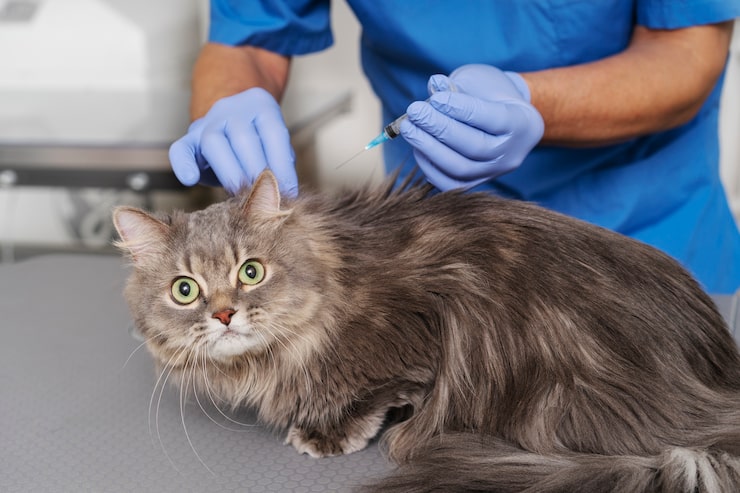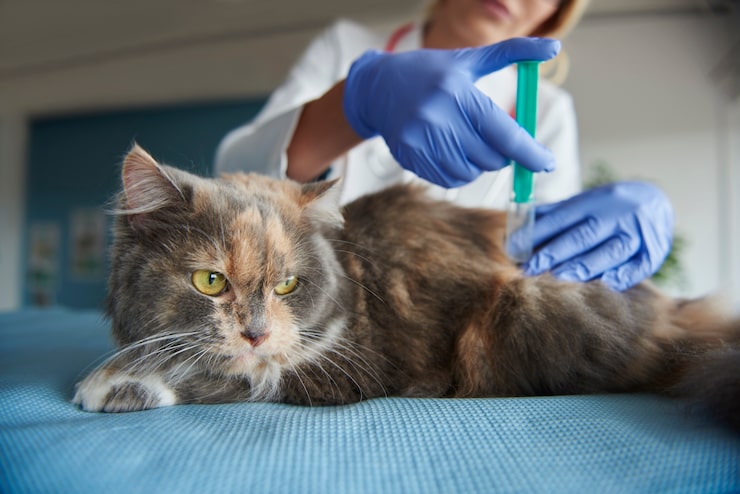Fleas are common parasites that can cause significant discomfort and health issues for cats if left untreated. Understanding the best flea treatment options allows pet owners to protect their furry companions effectively and maintain a flea-free home environment.
Understanding Flea Infestation in Cats
Fleas feed on a cat’s blood, causing itching, allergic reactions, and sometimes serious skin infections. Flea infestations can also lead to anemia, especially in kittens and elderly cats. Since fleas reproduce quickly, an untreated problem can escalate rapidly, making early and consistent treatment essential.
Common Flea Treatment Options for Cats
- Spot-On Treatments
These are topical solutions applied directly to a cat’s skin, usually between the shoulder blades. They are popular because of their ease of application and effectiveness in killing adult fleas and preventing larvae from developing. Many spot-on treatments also control ticks. However, it’s crucial to use products labeled specifically for cats, as some dog flea treatments contain chemicals toxic to cats.

- Oral Medications
Administered as chewable tablets or pills, oral flea treatments work by killing fleas once they bite the cat. These treatments often act quickly and can offer protection for a month or longer, depending on the medication prescribed by a veterinarian.
- Flea Sprays and Shampoos
Sprays and shampoos can be used to kill fleas on contact and are sometimes used to provide immediate relief. While effective for the moment, these options often need to be combined with other treatments to interrupt the flea life cycle. Flea shampoos should be used with caution to avoid stress on the cat, and pet-safe, veterinarian-recommended products are essential.
Treating the Home Environment
Treating the cat alone is insufficient to eliminate fleas completely. Fleas can lay eggs and develop in carpets, upholstery, bedding, and cracks in the home. Thorough cleaning, frequent washing of your cat’s bedding, vacuuming, and using pet-safe home flea treatments are critical steps in breaking the flea life cycle.
When to Consult a Veterinarian?
Always consult a veterinarian before starting any flea treatment. They can recommend the safest and most effective products based on your cat’s age, health status, and lifestyle. Some cats may have allergies or sensitivities that require special care.
Conclusion
Flea treatment for cts involves a combination of effective products and consistent home management. With the right approach, pet owners can keep their cats itch-free, happy, and healthy all year round. Preventing and treating fleas promptly protects your feline friend from discomfort and potential health issues caused by these persistent pests.








